|
In this week's edition of Sustainable Wednesday's, HOA sat down with Kate Reimann, Founder & CEO of Rogue Wave Toys, an Oahu-based company that makes bio-degradable beach toys. As part of our interview series we'll be meeting with entrepreneurs who are making the world a better place by offering alternatives to plastic. Kate and Rogue Wave Toys are truly inspiring! We hope you'll enjoy this interview, and please don't forget to check out Rogue Wave Toys and follow them on Facebook and Instagram! What inspired you to create Rogue Wave Toys? Really, it was a day at the beach with my kids and a rogue wave! I’ve always been concerned about pollution — plastic pollution in particular, and its negative impact on the ocean. And one summer day at the beach, my kids were playing with beach toys that were swept out into the ocean by a wave that no one saw coming. I scrambled to get them all back onshore, and when I did, I had this moment where it all just hit me — here we are, enjoying this interface between land and sea, and using products that are detrimental to its health. I knew right then that I had to make a better product, and that I wanted to make conventional, oil-based plastics obsolete. That’s where it all began. Can you explain a little bit about the manufacturing process? What are the toys made out of? Our material and our products are all made in the US — something we’re really proud of! The toys are made out of a proprietary blend of bio-polymers — fossil fuel free! No petroleum means no micro-plastics. Our material cuts carbon emissions by 50-80% in material manufacturing, and our products compost back to soil after a long life of play. They will compost in active landfills and industrial compost facilities, and no toxins left behind. I noticed on your website you are making other items out of compostable materials. In addition to toys, what other items are you currently making or looking to make? Right now our main focus is the toys, but we hope to add in our Punky Aloha Hawaiian marine life sand molds soon (all endangered and native Hawaiian marine life designed by Oahu artist Punky Aloha). Ultimately, we want to use our toys as proof of concept, and show that consumers are willing to pay a little more for a better product made with better material. The long term goal is to get bio-plastics and alternatives to oil-based materials out into the mainstream and raise awareness. When consumers are presented with better choices, they’re going to make better decisions. So we want to be leading that charge. In addition to new products, what else do you have planned for Rogue Wave Toys? I want to continue to use Rogue Wave to connect to non-profits and kids who are concerned about the future of the planet — I think it’s important that people know it’s not just a business, this is really a mission. I know there are alternatives to petroleum-based materials and however Rogue Wave can bring those to market, and in whatever form, we want to. We’ll also be implementing a giveback program, which I’m really excited about, where proceeds from your purchase will support either our local Waimanalo Limu Hui or Mote Marine Laboratory (FL), both of which work on ocean restoration in their own ways. It’s important to me that we don’t just prevent future damage to our oceans, but help repair what’s already been done. Where would you like to see Rogue Wave in 5 years? I want Rogue Wave to be a household name synonymous with a new materials economy in five years. If I do it right, we’ll be leading the way for other smaller companies, and convincing larger companies to make the switch to a sustainable materials economy, and to make better decisions about their business practices. What keeps you motivated? Taking walks on Kailua Beach (when we were allowed to!) or when I surf at Castles. There’s always so much micro-plastic washed up on our beaches, so tiny that it can be overwhelming. It’s really tough to see every day, but it is what keeps me motivated — we have to clean up our act, for my kids, yes, but for everyone’s kids, for our marine life, for our ocean, and for ourselves. Micro-plastic isn’t just harmful to marine environments, it’s harmful to us. Seeing it daily motivates me to solve this problem right now, especially on the hard days (and there are many of those!). If there was one thing you want the world to know about you, what is it and why? I am serious about this mission — I want the world to know that, whatever the iteration of the business, my objective isn’t going to change. We don’t have to settle for a fossil-fuel economy anymore, we have the ability to do better — with our products, with our consumer habits, with our choices — so I want the world to know that I am serious about making alternatives to oil-based plastic the new normal, and making it better! Thanks again for taking the time to tell us a bit more about Rogue Wave Toys! We love what you are doing and hope our readers will take a minute to check out and support your amazing, sustainable business! The world needs more 'green entrepreneurs' and we are excited and proud to know you!
0 Comments
Zachary Merrick to the outside world is mostly known for his role in the band All Time Low as their shy but incredibly talented bassist. Outside of the music world however, one of Zack’s passions is beach cleanups and sustainability. Over the last year I’ve seen him consistently advocate for and post about sustainable causes. He’s used his platform for good and posts often about his daily quick beach cleanups. His dedication to the cause is displayed prominently on his left hand, a tattoo of a treasure chest filled with and surrounded by trash. It’s his constant reminder of why we care about this cause so much. Zack inspires me constantly and I hope he does the same for all of you. -Kalei What got you involved in beach cleanups and sustainability? I got involved in beach clean ups and sustainability after meeting Al Smith at a get together in Kailua. I found out we grew up in the same town and even went to the same high school, Towson High. Al invited me to clean the beach one day and I was crushed by how much trash we found in just a few hours of work going up the windward side. Al opened my eyes on why this was happening, how to prevent it and also find economical solutions. What keeps you motivated? I am an avid beach goer and love to be active with my workouts at the beach. What keeps me motivated is how much knowledge we can spread to people in order to keep our beaches clean for our community and visitors alike. For people that want to become involved what do you suggest? To all the people that want to get involved, there are many outlets to use. Surfrider foundation, 808 cleanups, and Sustainable coastlines just to name a few. You can also just take a walk around with a bucket or bag and pick up rubbish. What about for those that don’t live near the beach? Take a walk around your neighborhood or park. You will be amazed by what you find. You also may even be able to reuse or repurpose something you find! For those that may not see the importance of this issue what do you suggest? If you don't see the importance of the issue, I think you should educate yourself on the actual issue and then decide your stance. Knowledge is very powerful and I think we tend to do things first before asking or becoming educated on issues that pertain to all of us. What gets you up out of bed in the morning? The rays from the sun hit my feet in the morning and get me up as well as remind me why this planet is so beautiful and needs protecting. What sets HOA apart from the pack? Hawaii Ocean Ambassadors is my family, we want to teach everyone how to do little steps to help prevent bigger problems as well as have some fun doing it. No stress, no competition, just hard work and dedication to keeping our communities beaches clean. What strides in your day to day life are you making to reduce your plastic intake? As a touring musician I have been getting other members of the music world to cut down on single use plastics on stage as well as when traveling. Using your own bags at stores, buying glass and aluminum products over plastic that can be reduced and reused. What do you suggest for people that want to start reducing plastic in their daily lives? Try keeping all the plastic you buy that is single use. Live with it and see how it piles up so quickly and really becomes a burden in your everyday life. If there’s one thing you want people to remember after reading this, what is it and why?
We all share one planet, so we should start taking better care of it before it's too late. Back in January of this year I met with Al to discuss what I’d be taking on as the Associate Director of Hawaii Ocean Ambassadors. We set up a game plan for the next several months and brainstormed for a few hours. We discussed the endgame and what steps would get us there. Al had the idea of interviewing people in the sustainability and beach cleaning community. I like to think of these people as the game changers. The ones who not only are brilliant and fun but are out there day in and day out getting it done. The reason I wanted to start this interview series off with our individual interviews is because I felt that there wasn’t enough about us on the website. I want people that visit our site to not just read a little blurb about each of us. I want our visitors to be able to see the why for Al, Zack and I. We have traveled different paths to get to where we currently are and those stories deserve to be told. So without further ado, I give you interview number two! Mine! - Kalei What got you involved in beach cleanups and sustainability? For me it started with a photography class on social change in college. I focused on beach trash and marine debris creating images out of the trash I collected. Eventually it became the reason I got up in the morning each day before class. I was struggling to sleep well at night and was often riddled with anxiety. After a night of bad insomnia I would spend the early morning cleaning the beach. Sustainability came about at around the same time. I started to do a ton of research on zero waste and what that meant and eventually turned my lifestyle into what it is now. A lifestyle that creates a lot less trash and uses virtually no single use plastics. Seeing the amount of plastic on the beach throughout that early project was sobering and a reminder of why I wanted to change my lifestyle. What keeps you motivated? For me it’s a mixture of things. I follow a zero waste tag on Instagram along with a ton of different beach cleanup organizations. They’re a good reminder of what we’re working towards and why. Also being around my friends who get it (Zack and Al) is a great motivator. They both get the big picture and what we’re pushing towards. I can’t tell you how many late night talks we’ve had on the topic of trash, sustainability and beach cleanups. I always leave them a bit tired but reinvigorated and inspired. For people that want to become involved what do you suggest? Find a local organization to start working with. That’s what I did after I wanted to work with other people. For a while it was just me. And that worked for a couple months but after college and after all my friends moved away I wanted people I could relate to and work with. I started out working with Sustainable Coastlines here in Hawaii and then started working with Hawaii Ocean Ambassadors and 808 Cleanups. Eventually I took on my current role as the Associate Director of Hawaii Ocean Ambassadors. What about for those that don’t live near the beach? You can start by finding an area near where you live that could use some love. If there’s a lot of trash in a park or even on the street grab a bag and pick it up as you go on walks. If you live near a hiking trail pick up trash as you go and store it in your bag. Whatever trash you bring in on your hike make sure to pack it out. For those that may not see the importance of this issue what do you suggest? I suggest watching documentaries like “Smog of the Sea” produced by Jack Johnson. Another one I love on food waste is “Wasted” narrated by the late Anthony Bourdain. I also suggest looking through the websites of the organizations I mentioned. They have great resources and photos that show exactly what it is that we’re dealing with. What gets you up out of bed in the morning? My alarm? I’m kidding. On workdays it’s usually my alarm because I begin work pretty early in the morning. On my days off it’s the excitement of getting to do a beach cleanup with my friends. As the Associate Director of HOA I get to organize a lot of the beach cleanups we take part in. Whether it’s with different local schools or if it’s a group of my friends it’s so much fun to get out there and get it done. What sets HOA apart from the pack? What I love about HOA is that we’re completely community and friend based. At the end of the day the people we work with aren’t paid to be there. They choose to take the time out of their days to get out there and put in the work to get the job done. They show up with enthusiasm and they work their butts off to find and remove trash. It’s inspiring. What strides in your day to day life are you making to reduce your plastic intake? Right now I’m working on making my bathroom products as plastic free as possible. I’m a huge fan of Lush Cosmetics and have been working on switching over to mostly solid products. I use their solid shampoo, solid conditioner, soap bars, solid citrus lotion and a solid face oil. My favorite face wash is definitely Let the Good Times Roll, it smells like Caramel Apples! They also have a recycling program where if you turn in five clean black pots you get a face mask for free. They recycle those pots and reuse them for new products. (This is not a paid ad, I just love their mission and products!) Another company I love is Bite Toothpaste Bits. They come in a glass jar and have a subscription you can sign up for so you don’t have to worry about placing an order if you’re almost out of bits! What do you suggest for people that want to start reducing plastic in their daily lives? Start with something that seems manageable and don’t try to get rid of all the plastic immediately. I started with bringing my water bottle everywhere with me and a set of utensils for when I’m out and about. Also try to use up whatever you have. Don’t waste the product just because it comes in plastic. Before you’re completely out try to research and find an equivalent product that is manageable for you in price point. It also needs to work as well or better than the product you were previously using. What’s next? Any exciting projects? Well right now with everything going on with the Coronavirus it feels like things are at a bit of a standstill. I’m hoping to continue our interview series with community leaders even if they are digital, over the phone or through email. I’ve also started picking up trash in my backyard. I live off the Palolo stream and at low tide the water drops to ankle deep water which is perfect for retrieving trash! As my roommates like to say my weakness is trash and this is the perfect way for me to do what I love to do without having to leave home or go to the beach! If there’s one thing you want people to remember after reading this, what is it and why? A little over a decade ago I went on an 8th grade retreat with the theme “Make a Difference”. I remember being handed a silicone bracelet on that retreat that I continued to wear for years after as a reminder. Each and every one of us has the power to make a difference in this world. Don’t become complacent and pawn off the work to someone else. You are more than capable of putting in a bit of time to make a change in your community. Going on your daily walk during quarantine? Bring a bag for trash you see along the way. Your neighbors and community will thank you even if it’s silently. Also please wash your hands after picking up any kind of trash! Don’t pick up things that may be dangerous with your bare hands and if you’ve got a trash picker bring it with you! Thanks for reading and stay tuned for more great interviews with sustainability experts, marine biologists, and conservationists which will come out once per week on 'Sustainable Wednesdays!' The first interview in our Interview Series is with Al Smith - The Founder of Hawaii Ocean Ambassadors. Read on for insights in to how HOA got its start, learn about the goals and values that HOA strives achieve and exemplify, what the team is currently working on, and more! What got you involved in beach cleanups and sustainability? Oddly enough, my interest in cleanup efforts didn’t begin at the beach, but in the mountains. For nearly a decade I spent approximately 40 weekends a year climbing in Yosemite, Lake Tahoe, Joshua Tree, Moab, and elsewhere and would just sort of naturally haul out any trash I found left behind by other climbers or hikers. Then, in the mid-2000s, I started to attend the Yosemite Climbing Association’s annual week-long ‘Yosemite Facelift’ event which draws hundreds of climbers from around the world to participate in a massive cleanup of Yosemite National Park. We would clean trails, parking lots, and visitor areas during the day, get in a quick climb or two in the early evening, and watch slideshows and interviews with professional, legendary climbers at night. The sense of camaraderie and the friendships forged during those events left a lasting impression on me. To think a bunch of ‘dirtbag’ climbers would come together to volunteer their time and energy to make the world a better place was truly inspiring! When I moved out to Oahu 7 years ago I was shocked to discover the sheer amount of plastic washing up on the island’s Windward coastlines, and equally shocked by how many beach goers would just lay their towels out among the plastic debris and do nothing to pick it up. In my mind, it was obvious we needed to transport the spirit and energy of those ‘Yosemite Facelift’ events to Hawaii and get people motivated to do their part in keeping the beaches and reefs clean. What keeps you motivated? This is such a good question and one without an easy answer, because I feel I draw motivation and inspiration from so many different things. For starters, I get a real sense of accomplishment and satisfaction from ‘getting my jersey dirty’ and doing my part to take care of our local beaches. I also am sort of naturally interested in leading by example and bringing people together to volunteer and engage in their communities. Along those lines, I’m currently serving in my second term as the Chair of the Parks & Recreation Committee for the Kailua Neighborhood Board, so a part of my cleanup work is directly related to my roles on both the Board, as well as my role as the Founder of Hawaii Ocean Ambassadors. I’m also motivated by an almost alarming sense for how bad the plastic pollution problem has become. With the Great Pacific Garbage Patch located just 1,000 nautical miles NE from Hawaii, we truly are on the ‘front lines of trash warfare’ as I’m fond of reminding people! We are uniquely situated to raise awareness of this growing problem, and I feel a great sense of responsibility to not only clean the beaches but also to document through photos and videos just how bad this problem really is so that those people not living in a coastal environment can see the impact of their lazy decisions to use single-use plastics and hopefully inspire them to change their consumption habits and volunteer in any way they can to improve their neighborhoods and take care of the environment. For people that want to become involved what do you suggest? If you live in Hawaii there are so many great beach cleanup organizations you can join. In addition to Hawaii Ocean Ambassadors, I’d suggest that folks check out 808Cleanups which has a great ‘Adopt a Site’ program and can provide volunteers with buckets, scales, sifters, and other cleanup supplies. They also have a great beach cleanup App you can use to find partners or groups that are planning cleanups near you, track your weight of trash collected over time, and other cool features. Download it here: 808cleanups.org/app. Surfrider and Sustainable Coastlines are also fantastic organizations that host large-scale cleanups. Check out their websites or social media accounts to keep up to speed on cleanups happening in your area. Even more to the point, given HOA’s underlying values of personal responsibility and self-driven action, I’d suggest taking a bucket or bag every time you go to the beach and grab what you can before leaving for the day. You’d be amazed how much trash can be removed in a year by making this one small change to your beach day routine. What about for those that don’t live near the beach? If you don’t live near the beach, why not consider going out and cleaning up your local or State Parks? My sister who lives in Baltimore now takes a bag for trash every time she takes her kids to their local playground and actively does her part to keep her neighborhood clean while also capturing rubbish ‘upstream’ before it washes down into the storm drains and out into the Chesapeake Bay. In addition to cleanup efforts, I’d suggest that everyone seek to change their consumption habits to avoid single-use plastics whenever possible and to reduce, reuse, and recycle. What sets HOA apart from the pack? I founded Hawaii Ocean Ambassadors because I saw a need for an organization that would stress individual action and personal responsibility, while contributing to the greater good. A number of other cleanup groups focus their energy on hosting large monthly or quarterly cleanups as a way to bring together a ton of people and raise the collective awareness of the fact that our plastic use is killing our oceans and suffocating the planet. I have always greatly enjoyed attending and participating in these events, but I noticed that many folks would attend these cleanups, pat themselves on the back, and then wait several months for the next event to do something. With Hawaii Ocean Ambassadors we work to inspire and encourage people to take it upon themselves to organize their own mini-cleanups with friends and family, and to take consistent action to protect our reefs and coastlines, while changing their day-to-day habits. We also take on ‘Special Projects’ such as successfully getting the educational video changed at popular snorkeling spot, Hanauma Bay to better inform people not to walk or stand on the incredibly fragile coral reef, we worked to help get the reef-safe sunscreen law passed in Hawaii, and are working towards creating grassroots support for other regulatory and legislative solutions. What strides in your day to day life are you making to reduce your plastic intake? As a bachelor in charge of several tech start-ups and non-profits, I’m always short on time and don’t typically slow down and take the time to cook for myself – which by and large typically would mean less overall waste. Like many modern Americans, my life is go-go-go. As a result, I used to be as guilty as anyone at getting meals to-go in single-use packaging. After doing hundreds of beach cleanups though, it became almost impossible for me to accept the amount of waste my habits were producing, so now I steer far clear of plastic straws, plastic water bottles, and of course, styrofoam. I am still not ‘perfect’ when it comes to my consumption habits, but I no longer visit restaurants that package their food in anything other than biodegradeable or compostable trays, haven’t used a plastic bottle or straw in so long I can’t even remember the last time, and try to always bring a reusable water bottle every where I go. It’s actually not only given me piece of mind, but has no doubt saved me money. I think though that its important to recognize that if someone like me who is very focused on the issue of plastic pollution still struggles to be zero waste, that we really do need legislative solutions and bans on certain single-use items that are unnecessary. I believe there is no reason why we can’t follow the lead of other nation’s around-the-world in banning certain items that we don’t actually ‘need.’ In France for example, they have banned plastic cutlery. An ‘easy’ step for them as the French like their picnics to be a bit fancier anyway. So, no one was really ‘harmed’ by the ban, and it made the world a better place. In Hawaii we have been fighting for similar bans on plastic straws and styrofoam food containers. These bills have stalled in committee at the State Legislature, but we’ll keep pushing and advocating for their passage. I believe we need to make it easier to do the right thing. And if the only solution to getting rid of plastic straws is to ban them, then I’m all for it. What’s next? Any exciting projects? Yes! We are continuing to advocate for the need for legislative solutions that aim to reduce our waste, protect the environment, improve our water quality and safety, support local farmers and small businesses, and create support for more programs to support the health of the ocean and our near-shore reefs. In addition to those efforts, we are working on getting mechanized sand sifters for our coastlines, looking into using plastic bio-blocks to make modular homes for the homeless, and, in time hoping to work to replicate Norway’s efforts to use marine debris to repave our roads. If there’s one thing you want people to remember after reading this, what is it and why? I’d like for people to remember that it is not the job of ‘someone else’ to clean the beach or make a difference. It is individual action that inspires others to reduce their waste and lend a hand. Many small efforts can make a big difference! So, please do your part and take a bucket or bag to the beach with you every time you go, reduce your plastic use and support those businesses that have made steps to reduce their environmental footprint, and give support to politicians and legislation that aim to protect and improve the environment. We are all in this together, and each individual action goes a long way towards making a difference! |
ArchivesCategories |
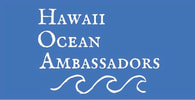
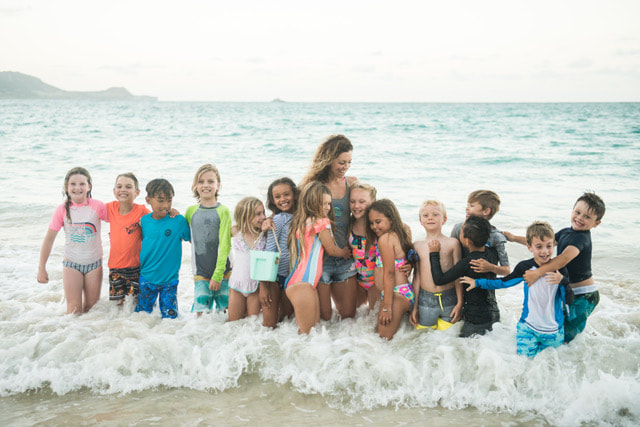
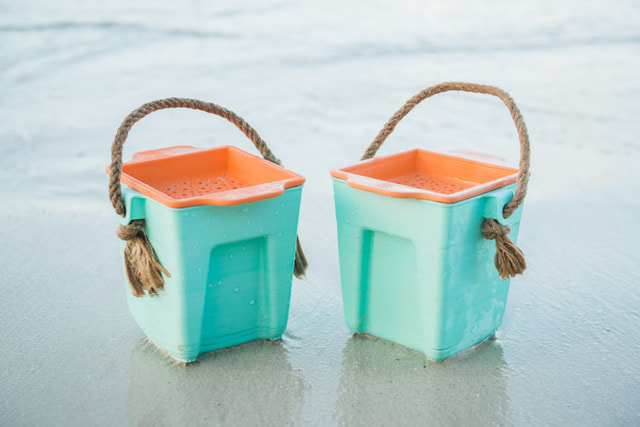
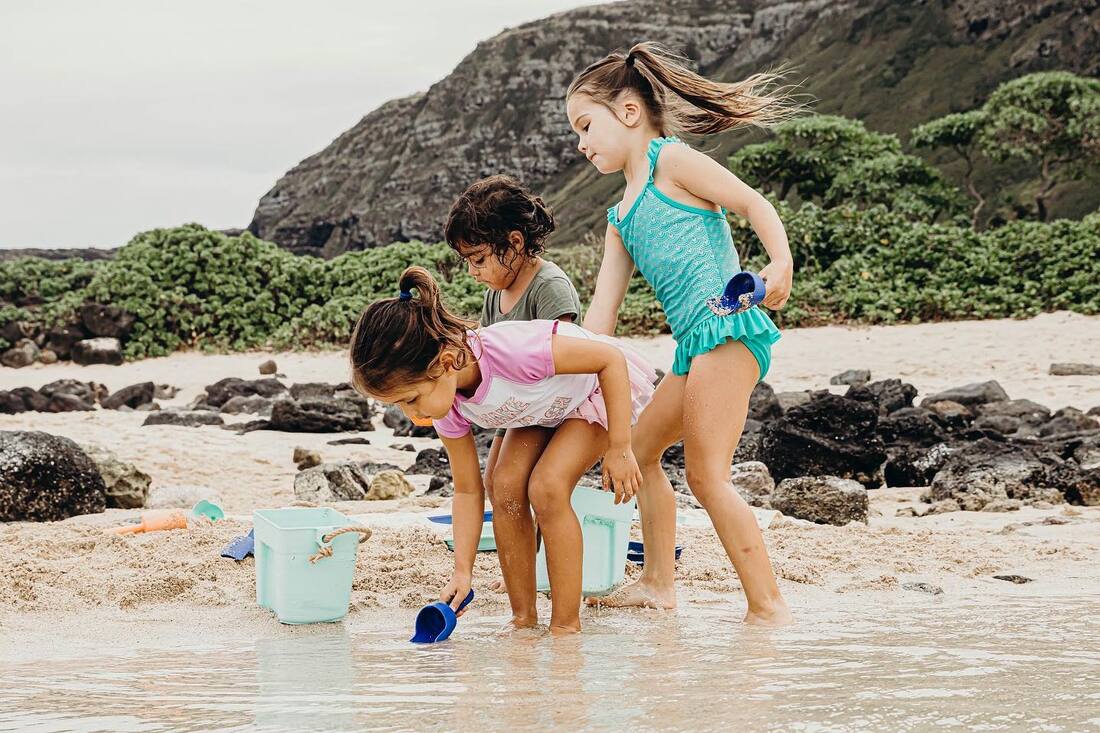
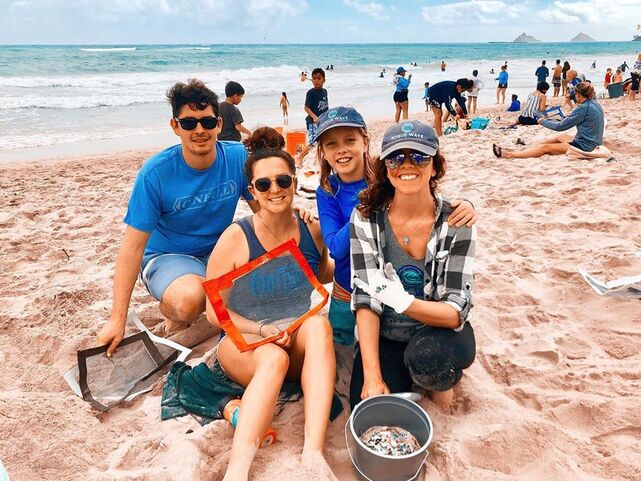
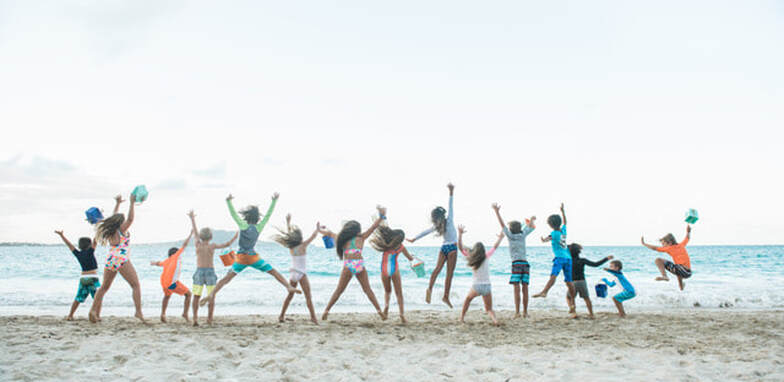
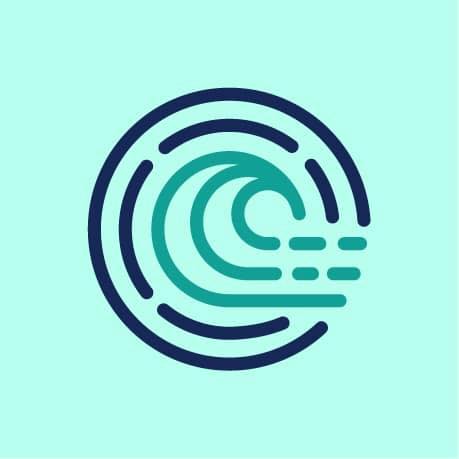
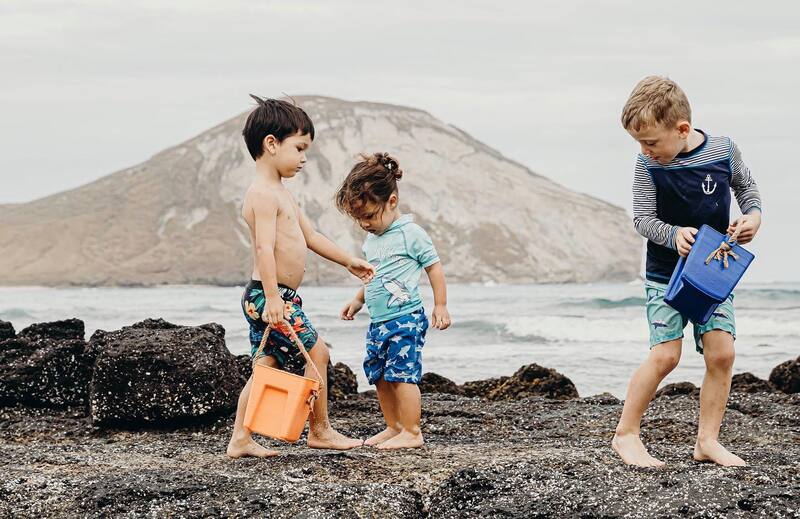
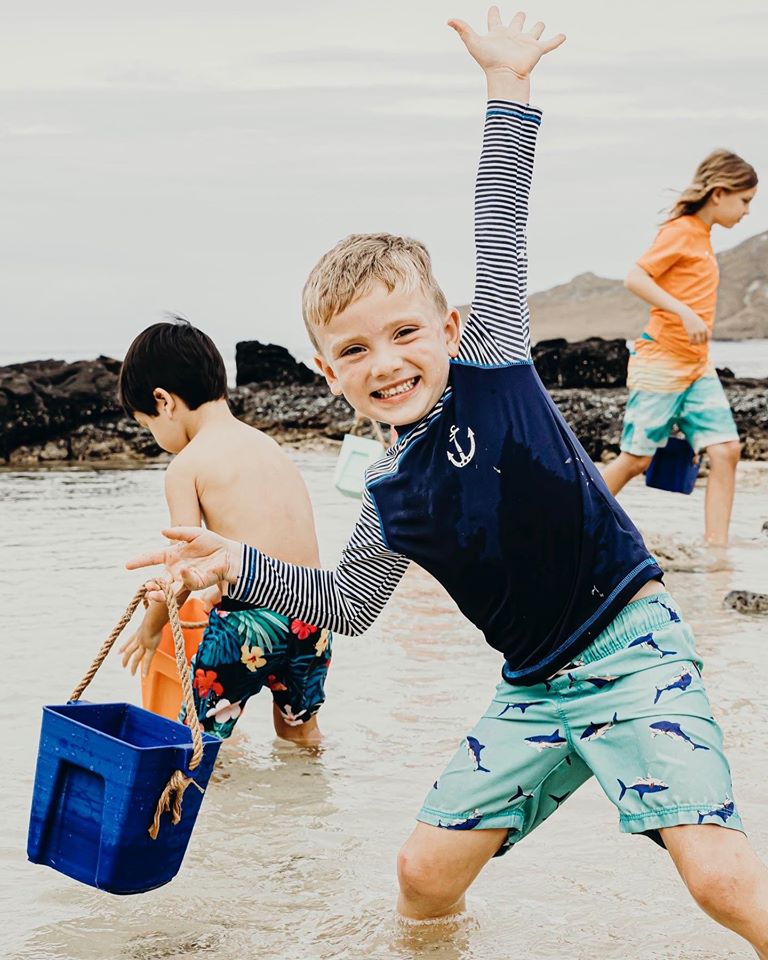
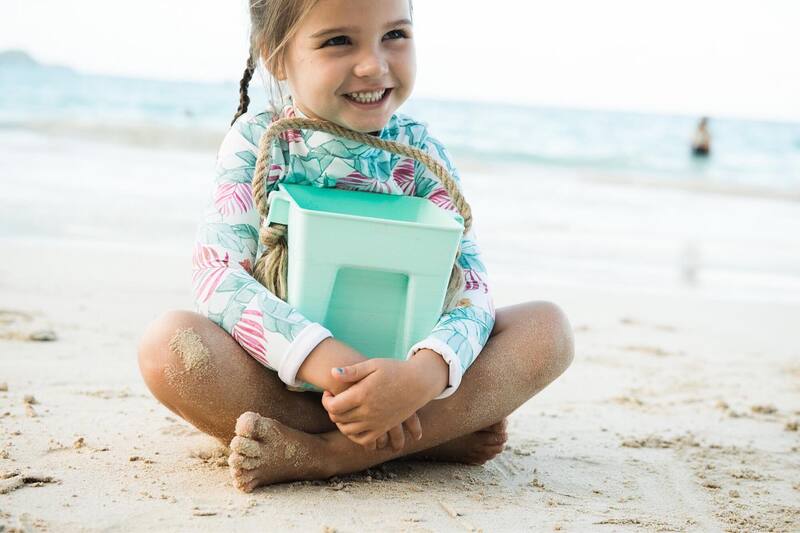
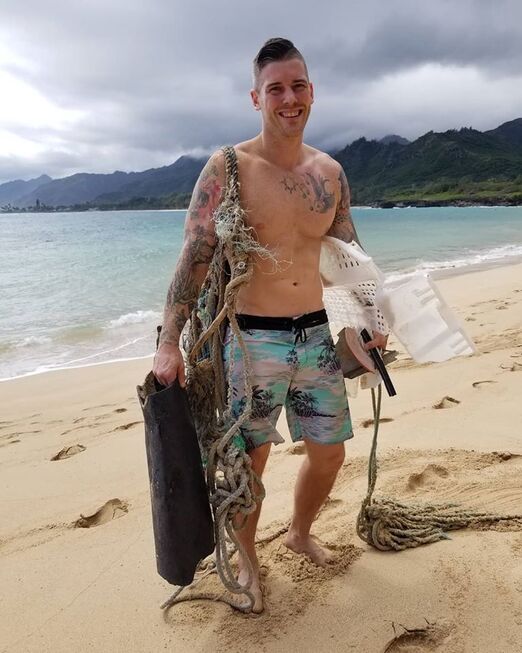
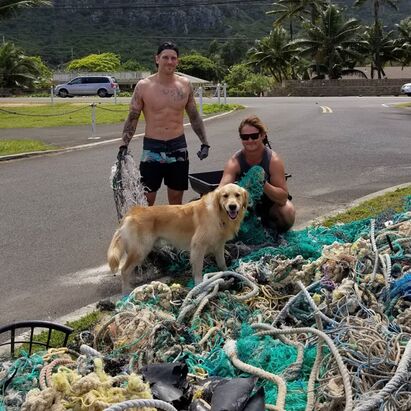
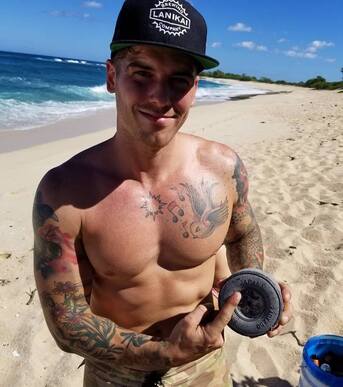
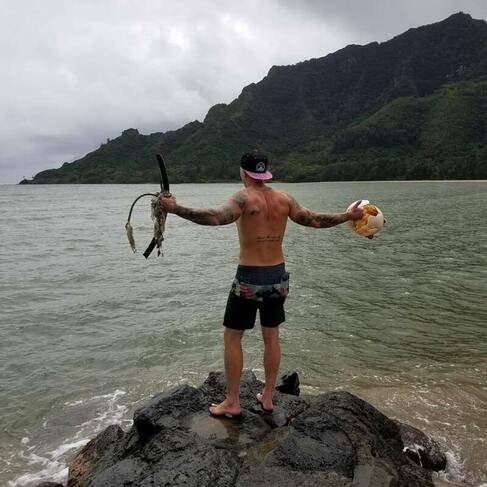
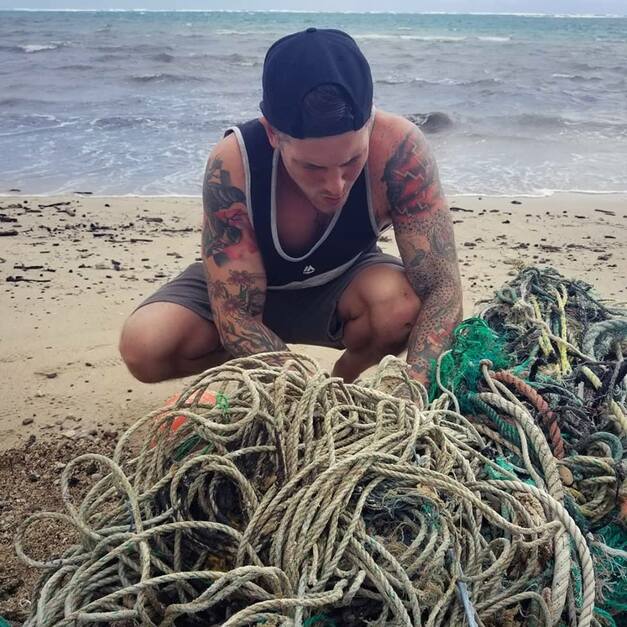
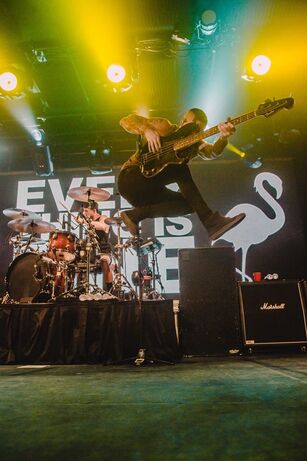
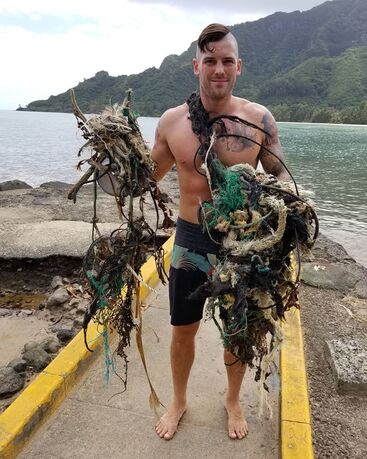
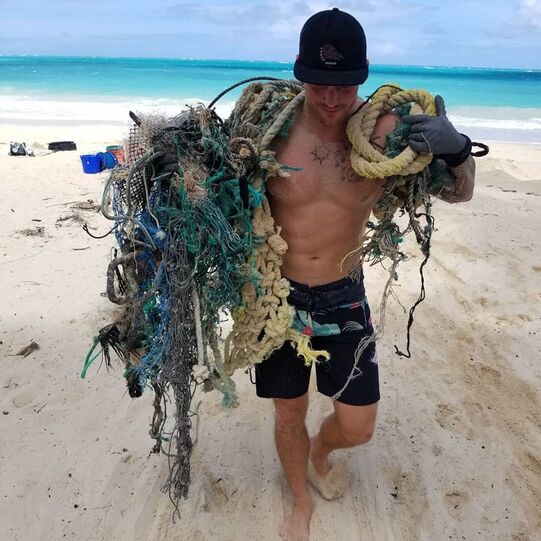
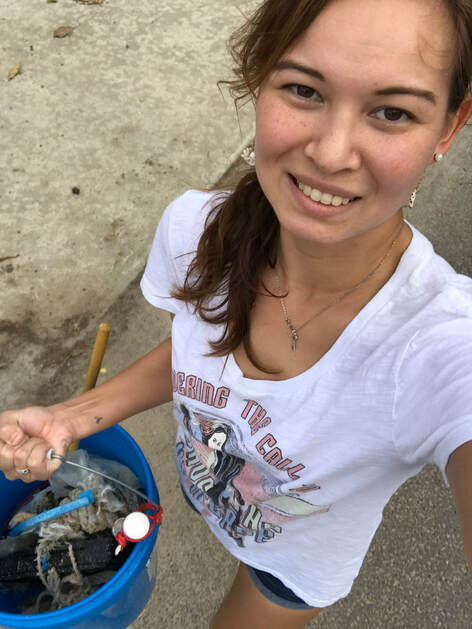
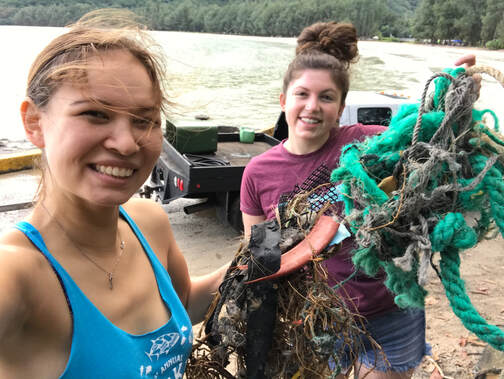
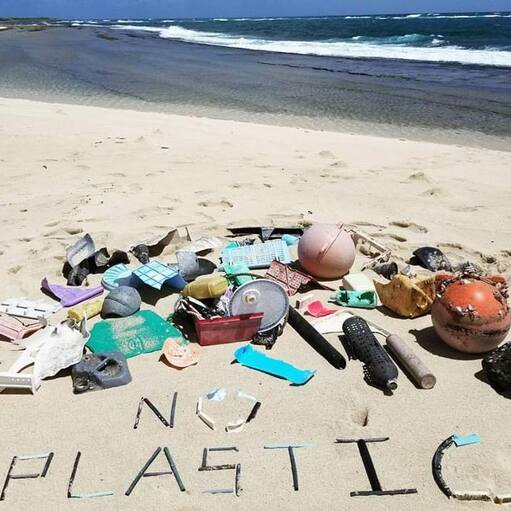
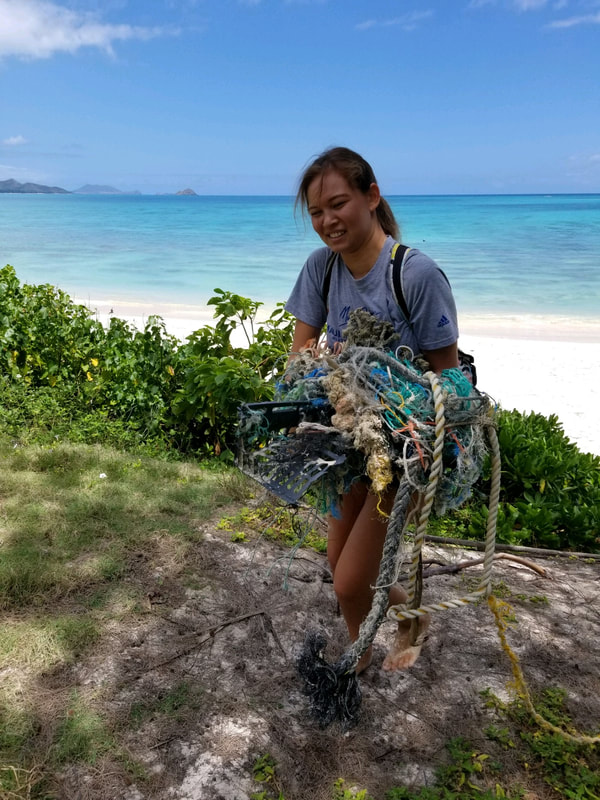
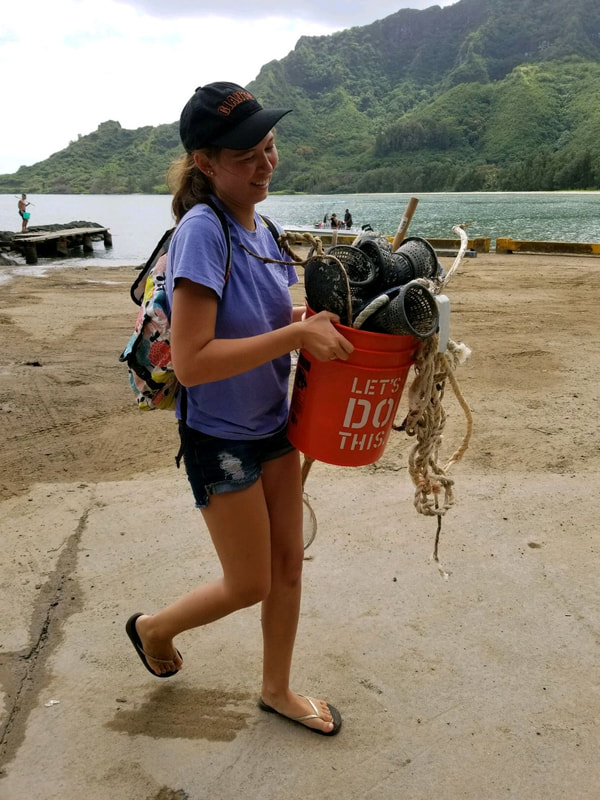
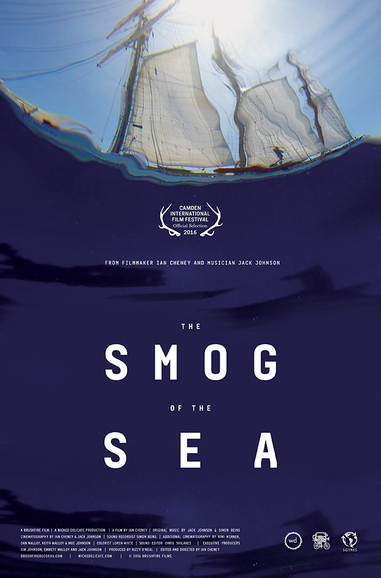
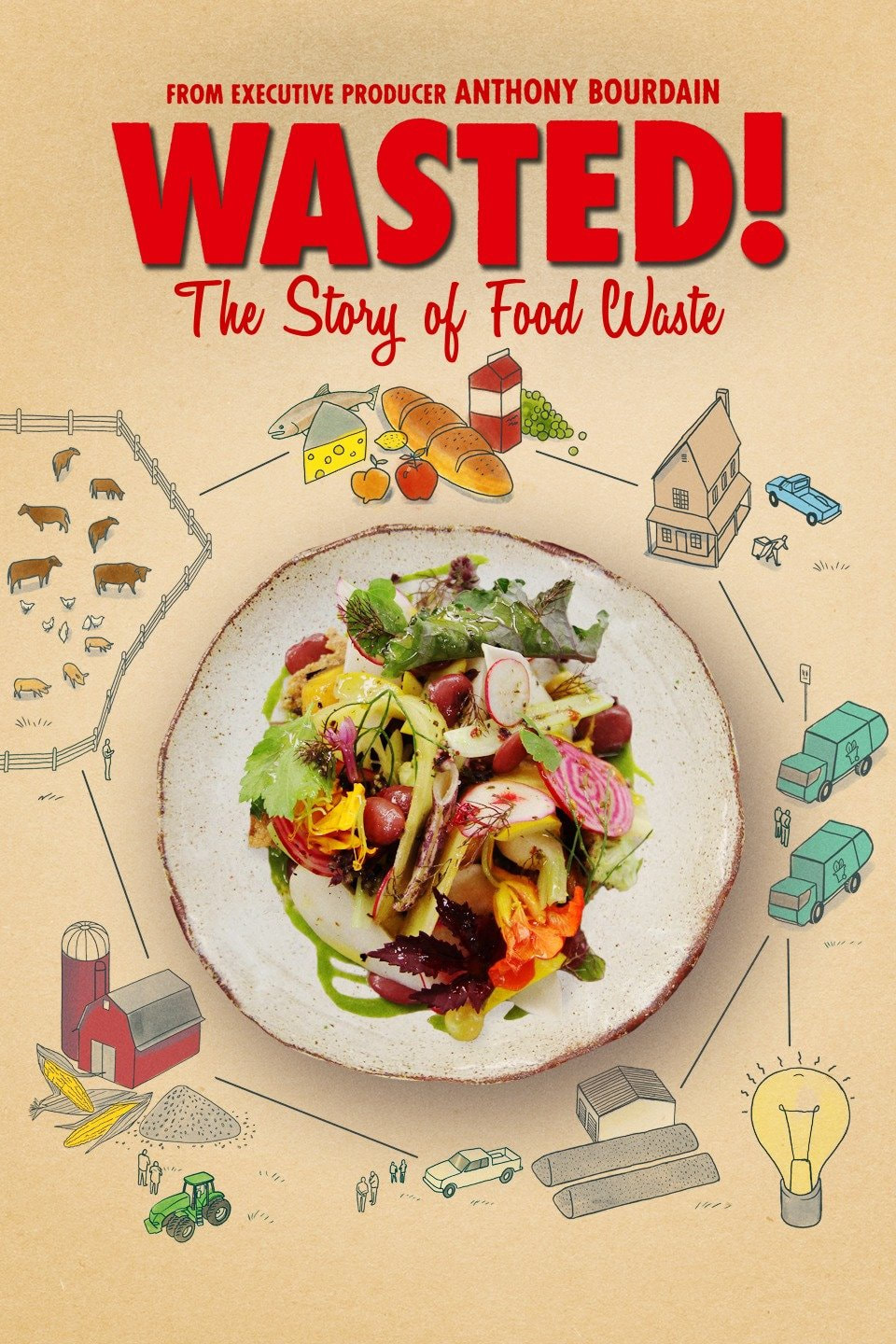
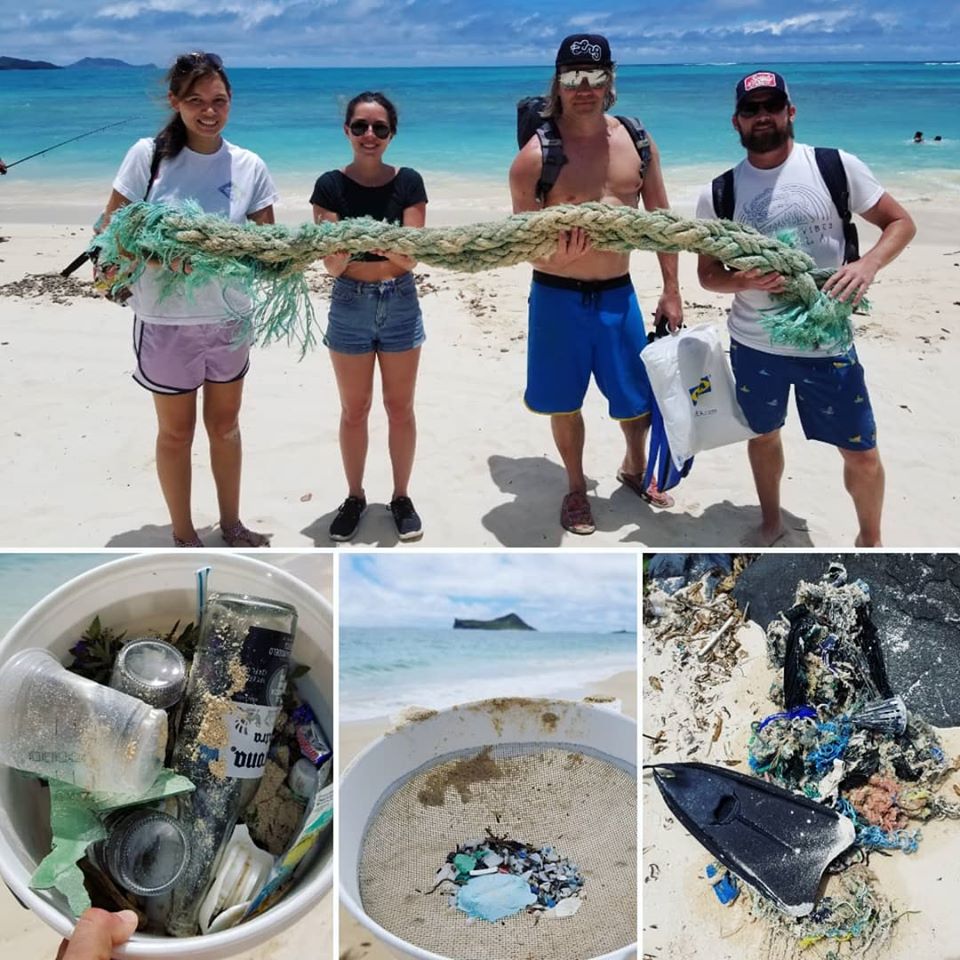
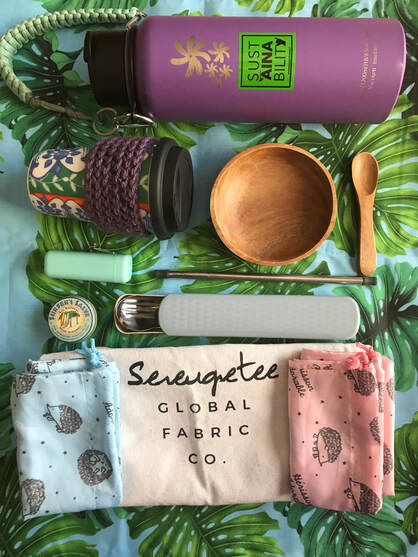
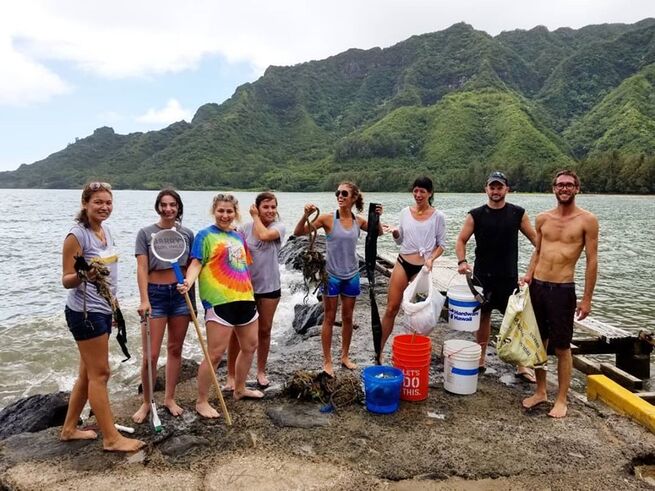
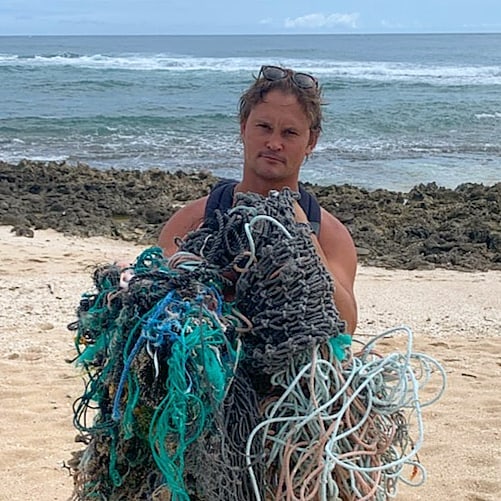
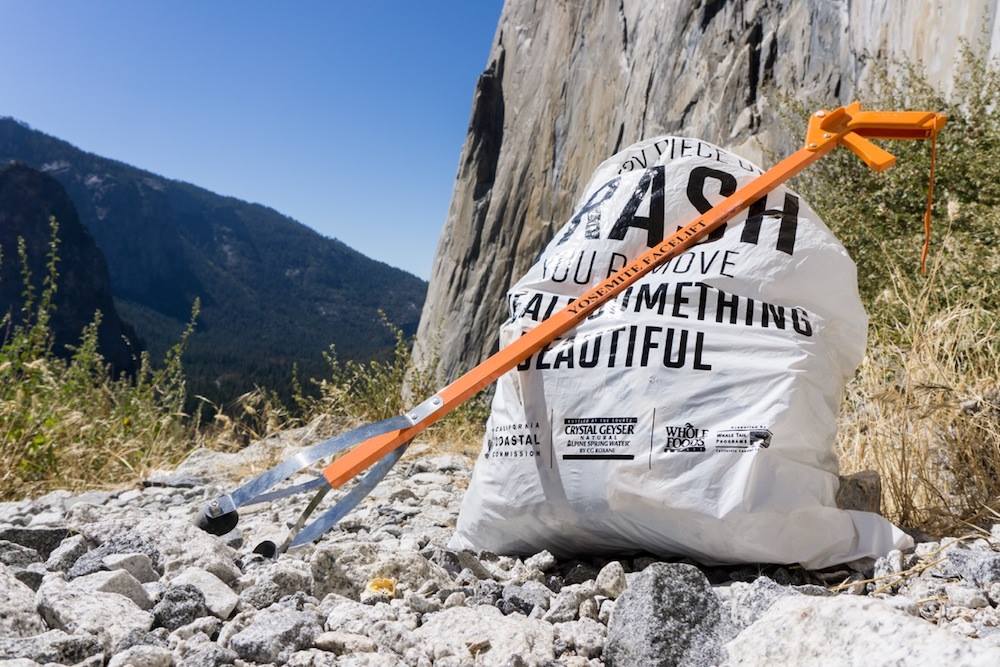
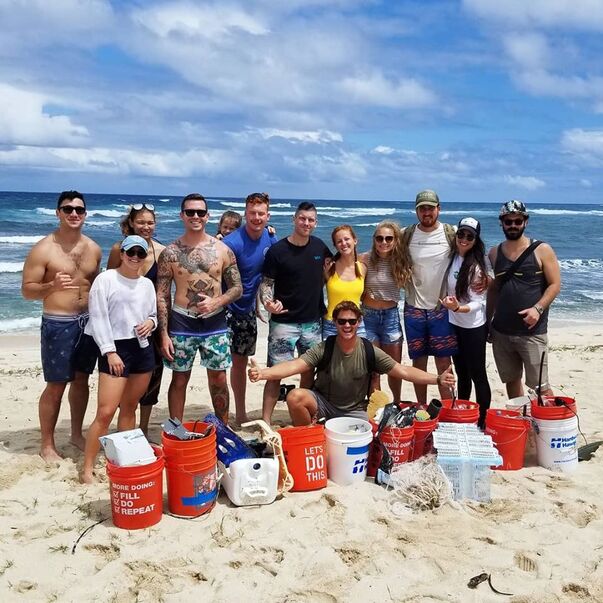
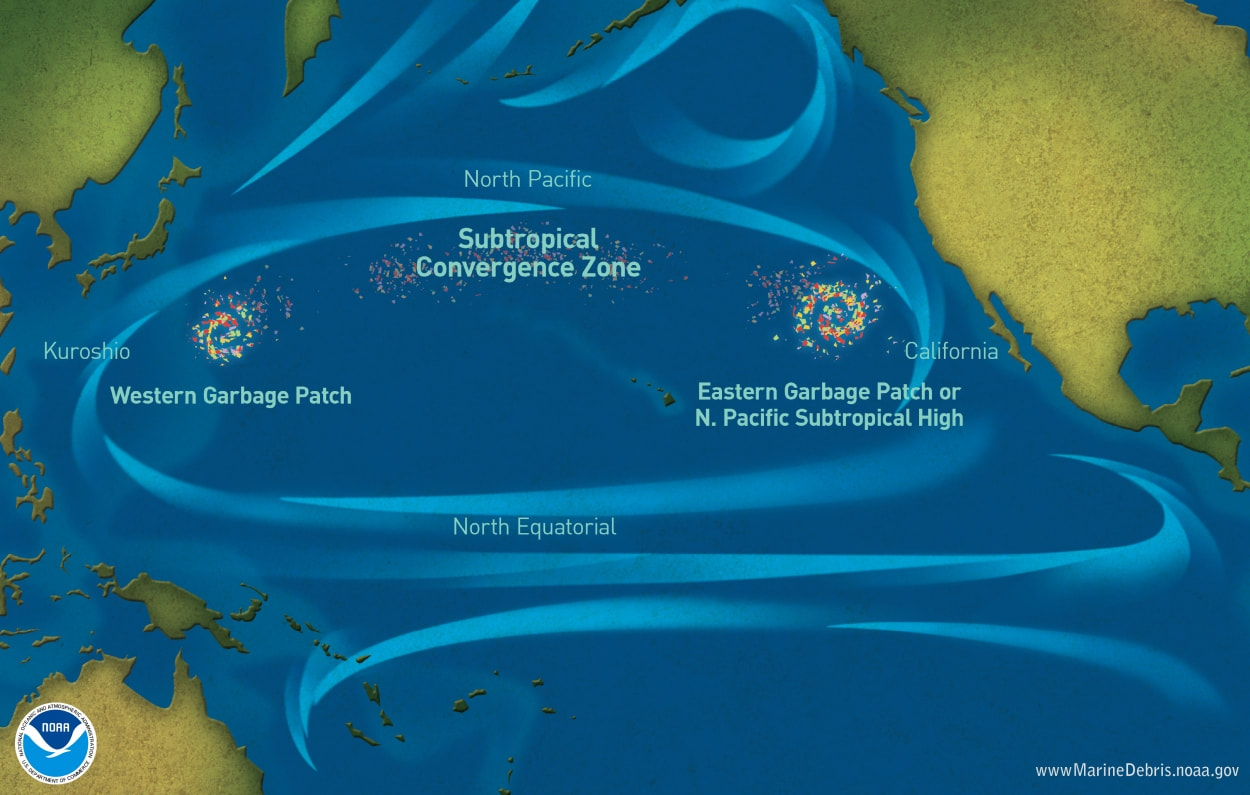

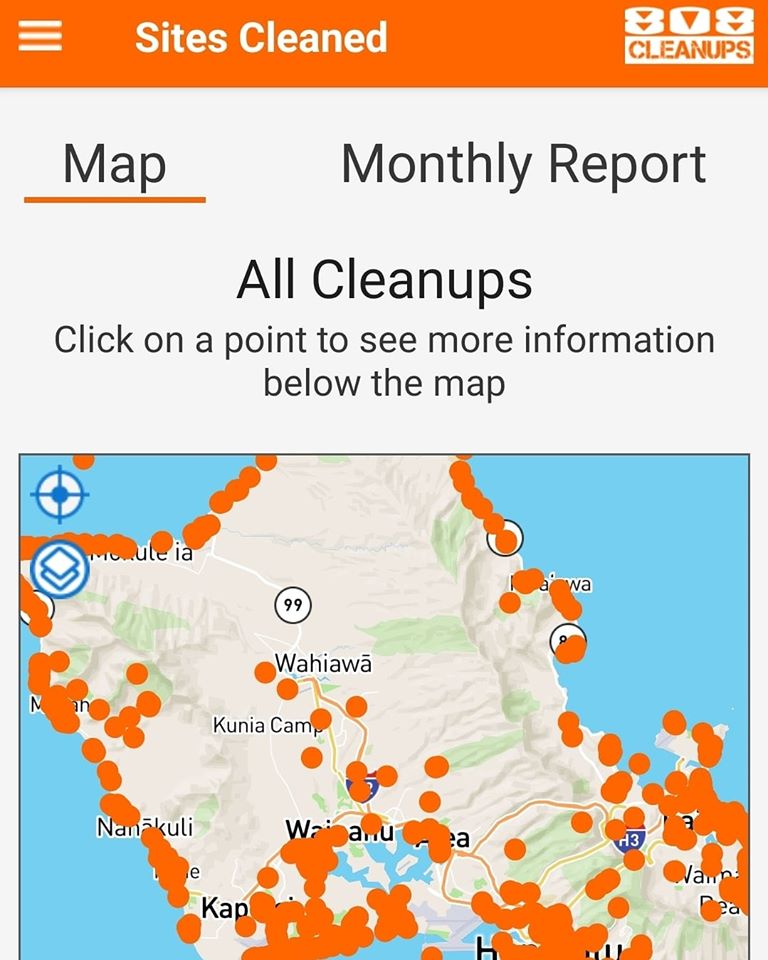
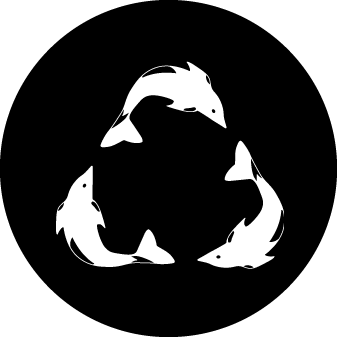
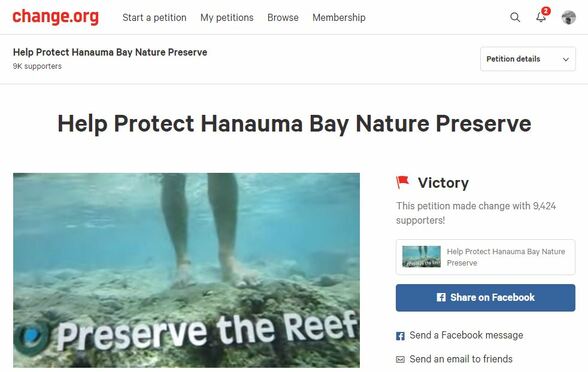
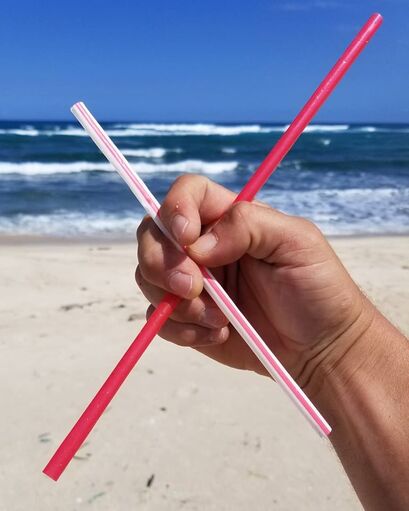
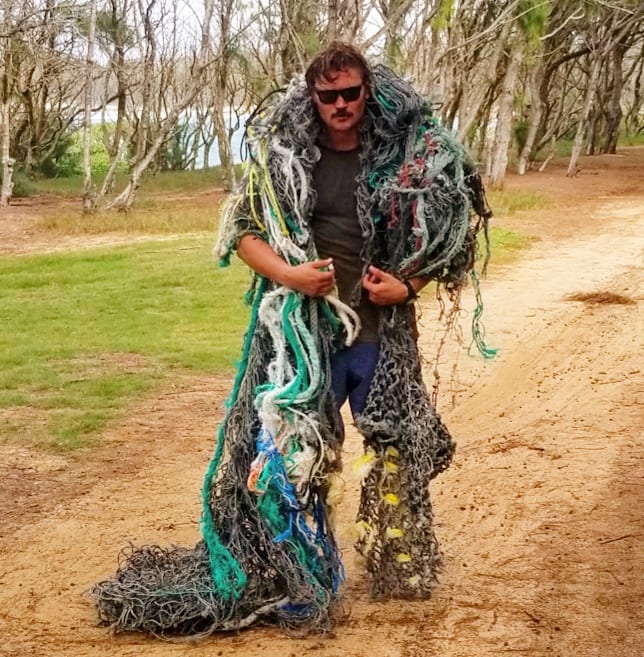
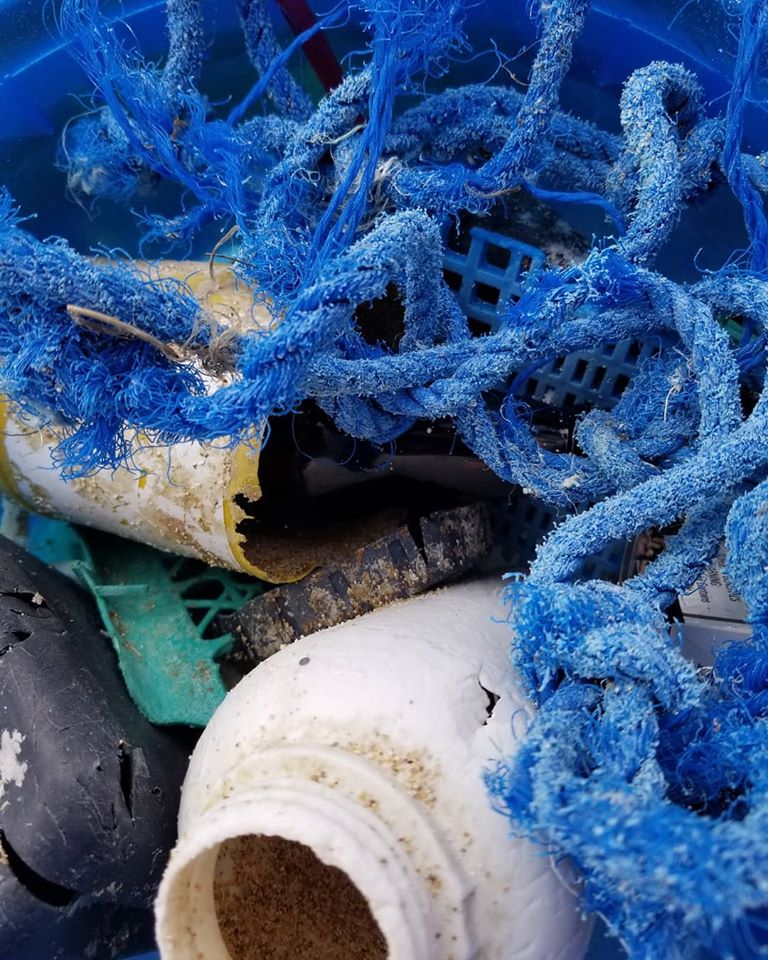
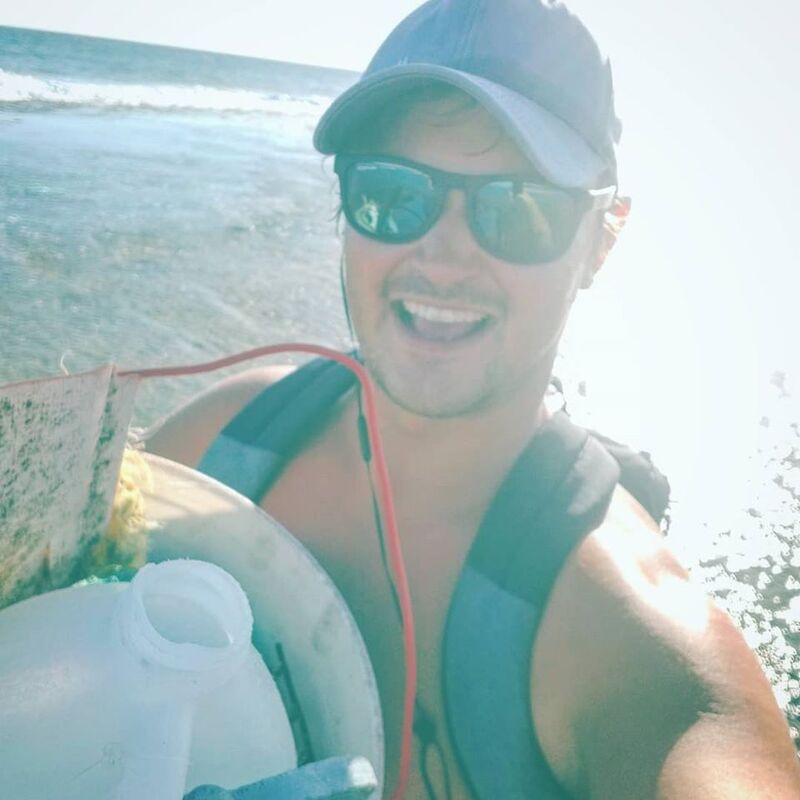
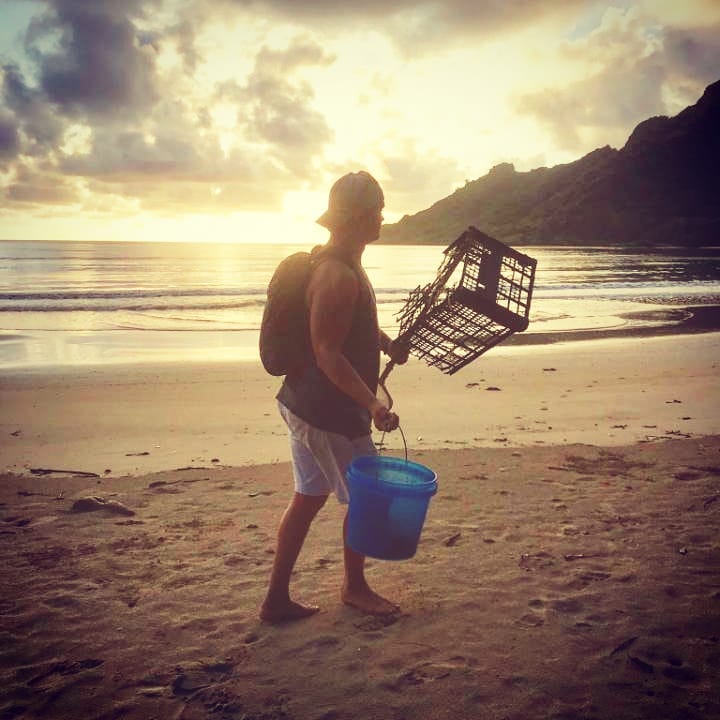
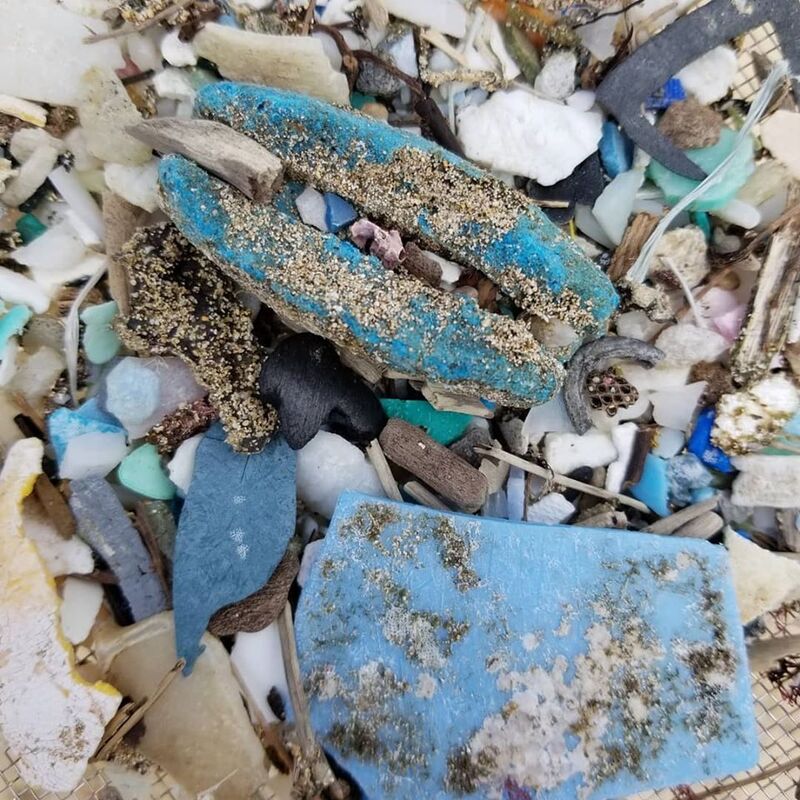
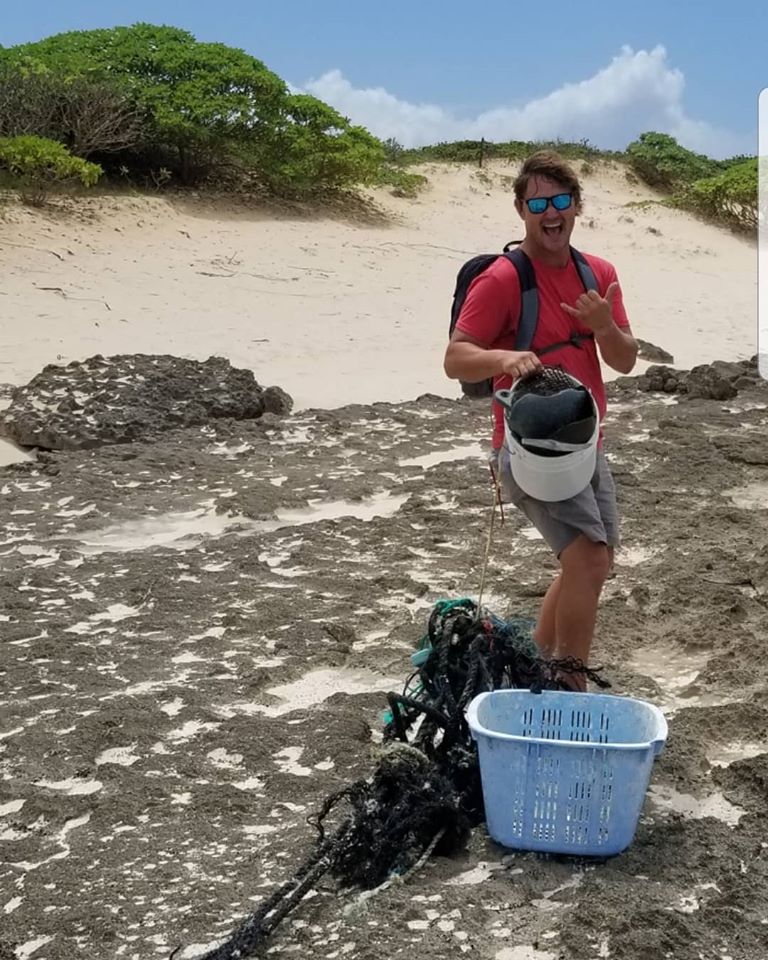
 RSS Feed
RSS Feed
